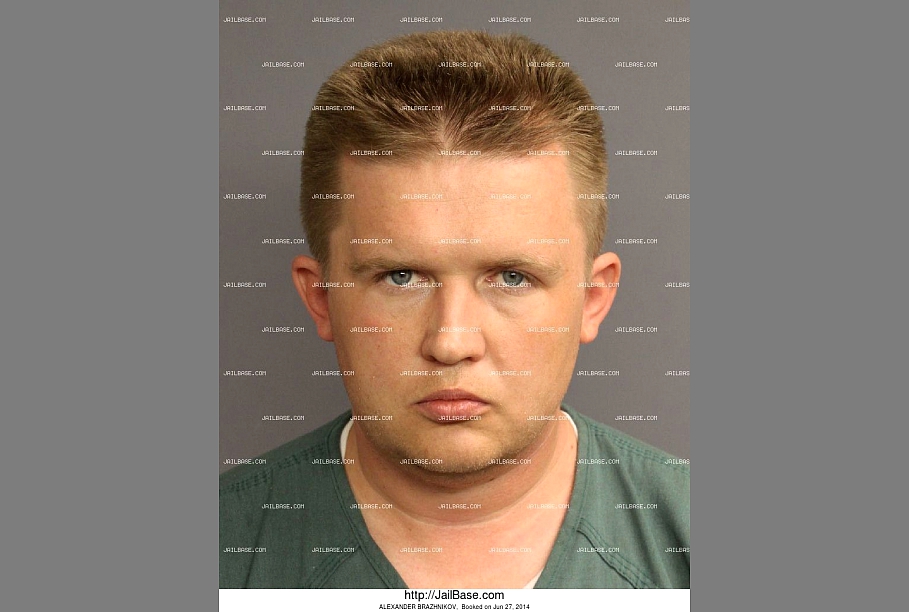“Alexander Brazhnikov Jr. significantly undermined the national security of the U.S. by procuring sophisticated, high-tech electronic components and smuggling them into Russia, thereby enhancing the capabilities of the Russian Intelligence Service, and contributing to the modernization of both the Russian Military Service and the Russian Nuclear Weapons Program,” Richard M. Frankel, FBI Special Agent in Charge, Newark, said. “Now, Brazhnikov must face the consequences of his actions and the full power of U.S. jurisprudence.”
According to the report of the joint investigation by the FBI, Commerce Department and Immigration and Customs Enforcement’s (ICE) Homeland Security Investigations (HIS), from January 2008 through June 2014, he was the owner, chief executive officer, and principal operator of four New Jersey microelectronics export companies, each of which were used in the various conspiracies uncovered. Following his arrest, special agents seized $4,075,237 in proceeds related to the charged offenses, as well as real property and other assets valued at more than $600,000. Brazhnikov Jr. was arrested at his home on June 26, 2014.
His father, Alexander Sr. acted as the Moscow-based partner in the scheme, heading a procurement brokerage for its spy-level clientele, whose true identities never appeared in any of the shipping documentation.
The report states that funds for the network’s illicit transactions were obtained from the various Russian purchases and initially deposited into one of the conspirators’ primary Russia-based accounts. Disbursements for purchases were made from that primary Russian account through one or more foreign accounts held by shell corporations in the British Virgin Islands, Latvia, Marshall Islands, Panama, Ireland, England, United Arab Emirates, and Belize, and ultimately into one of the defendant’s U.S.-based accounts. The network’s creation and use of dozens of bank accounts and shell companies abroad was intended to conceal the true sources of funds in Russia, as well as the identities of the various Russian defense contracting firms receiving U.S. electronics components.
"Shutting down schemes like this keep all of us safer” said US Attorney Paul J. Fishman.





























